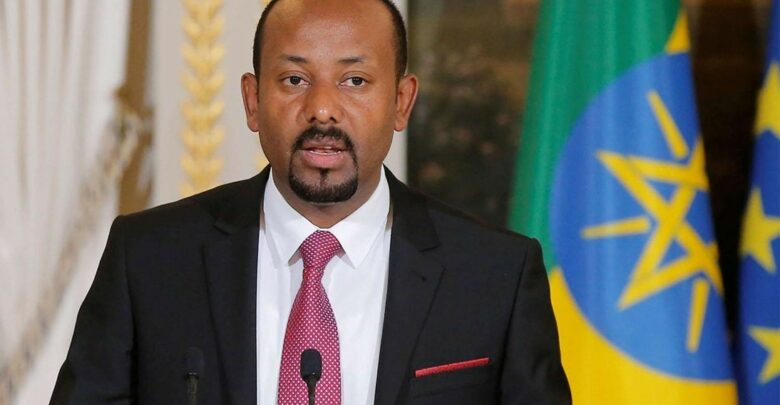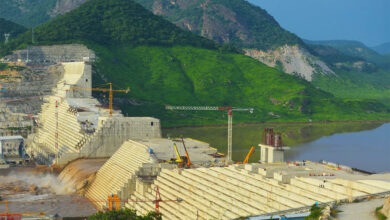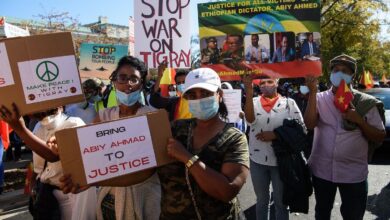
Ethiopian Prime Minister Abiy Ahmed on Thursday rejected Sudan’s accusations that the Ethiopian forces killed seven Sudanese soldiers, reported Africa News.
According to spokesperson Billine Seyoum, Abiy on Thursday said Ethiopia “remains committed to the principles of amicable resolution and of any differences among states, particularly Sudan is very close”.
He said his government regrets the loss of lives due to the skirmish triggered by a Sudanese army unit. But, he refuted the allegations that the Ethiopian defense force was involved in the skirmish.
“So this allegation that the Ethiopian national forces were the ones that instigated the skirmish is categorically rejected by the Ethiopian side,” Seyoum, said during a press conference.
The Sudanese government accused Ethiopia of capturing the soldiers on June 22 in Al-Fashaqa, a fertile piece of land which is at the centre of a bitter border dispute between the two countries. Al-Fashaqa has long been cultivated by Ethiopian farmers but claimed by Sudan, and the dispute has resulted in sporadic clashes between the Sudanese and Ethiopian sides.
Khartoum also recalled its ambassador to Addis Ababa on Monday and vowed to lodge a complaint with the United Nations Security Council and regional organizations.
Responding to the allegations, Addis Ababa said on Tuesday that Sudanese forces had crossed into Ethiopian territory and the casualties resulted from a skirmish with a local militia, denying its soldiers were present in the area at the time.
The two countries are also at dispute over Ethiopia’s mega dam on the Blue Nile.
Sudan and Egypt, both downstream countries, have been opposed to the Great Ethiopian Renaissance Dam (GERD) and pushed for an agreement on the filling of its reservoir and the dam’s operations. Ethiopia, on the other side, wants the pact to be advisory and not legally binding.
The disputed dam is the largest hydroelectric project in Africa, with a cost of more than four billion dollars.





